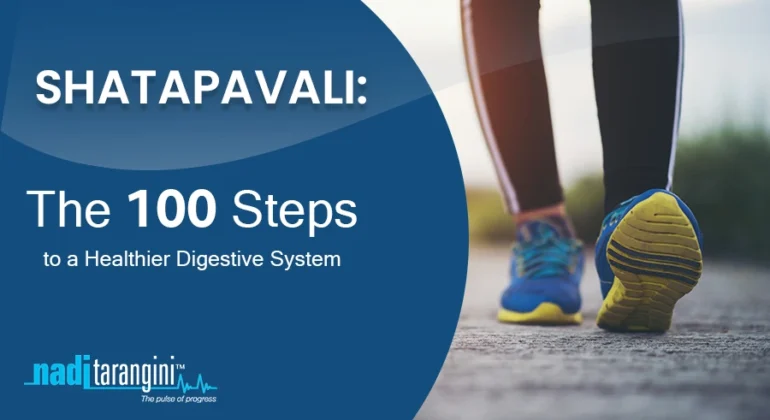Basti – Your Body’s AC in Monsoon
The air conditioner has become a need especially in summer and is no more a luxury. AC adjusts the temperature of the surrounding air to make you feel comfortable. Now the questions are Does AC equally essential in once the temperature becomes quietly manageable during …
Aarogyarahasya Lekhmala 2
Reader’s let us discuss today the merits and demerits of sitting and walking!! The person who spends most of the time indoor by sitting in a place maintains a good complexion. It’s because he seldom has to face, sunrays, dust, vehicle smoke & fast air. …




